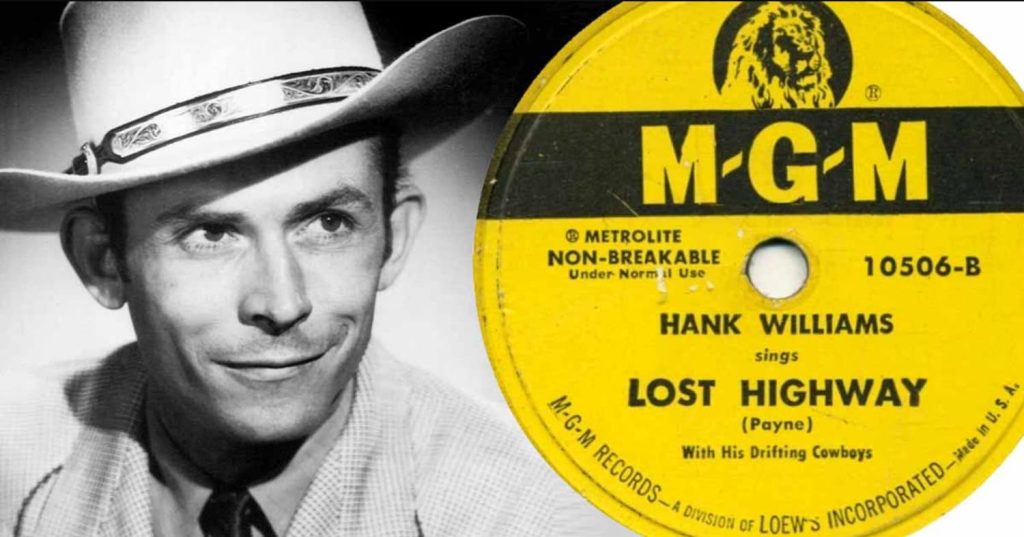
Lost Highway: A Country Ballad by Hank Williams
In the realm of country music, few songs resonate with the poignant blend of despair and reflection as deeply as “Lost Highway.” Written and recorded by the blind singer-songwriter Leon Payne in 1948, this song has traveled through time and genres, touching the hearts of countless listeners. Despite its modest impact on the charts upon its release, “Lost Highway” found a new life and a definitive voice in Hank Williams, whose rendition etched the song into the annals of country music history.
When Hank Williams recorded his version of “Lost Highway,” it was a moment of serendipity and perfect alignment. Although Williams did not pen the lyrics himself, the song’s themes of perdition and hopelessness mirrored the turmoil and struggles of his own life. It’s this authenticity, the raw and unfiltered emotion, that made Williams’ version of “Lost Highway” more than just a song; it became a reflection of his soul. Biographer Colin Escott aptly notes that the song, despite barely making a dent in the charts at its release, has grown to be a defining record for Williams and a significant moment in country music.
The irony of “Lost Highway” lies in its journey. It wasn’t an immediate hit, and it’s not even one of Williams’ original songs, yet it captures the essence of his musical and personal narrative. The recording session, under the meticulous production of Fred Rose, featured a stellar lineup of musicians, including Dale Potter on fiddle, Don Davis on steel guitar, Zeb Turner on lead guitar, Clyde Baum on mandolin, Jack Shook on rhythm guitar, and likely Ernie Newton on bass. This ensemble brought a richness and depth to the song, creating a timeless piece that still resonates today.
The legacy of “Lost Highway” extends beyond its initial recordings. It has been the title of books, a stage show, a record label, and even a television series. In 1997, the iconic director David Lynch used “Lost Highway” as the title for one of his films, further cementing its place in popular culture. Hank Williams Jr. also acknowledged the song’s profound impact in his own music, referencing it in “All My Rowdy Friends (Have Settled Down)” with the line, “I think I know what my father meant when he sang about a lost highway.”
“Lost Highway” is more than a song; it is a testament to the enduring power of country music to capture the human experience. Through Williams’ haunting rendition, it has become a symbol of the genre’s ability to convey profound emotion and tell stories that transcend time. As listeners, we are invited to embark on this journey, to feel the weight of its melancholy, and to find solace in its timeless beauty.